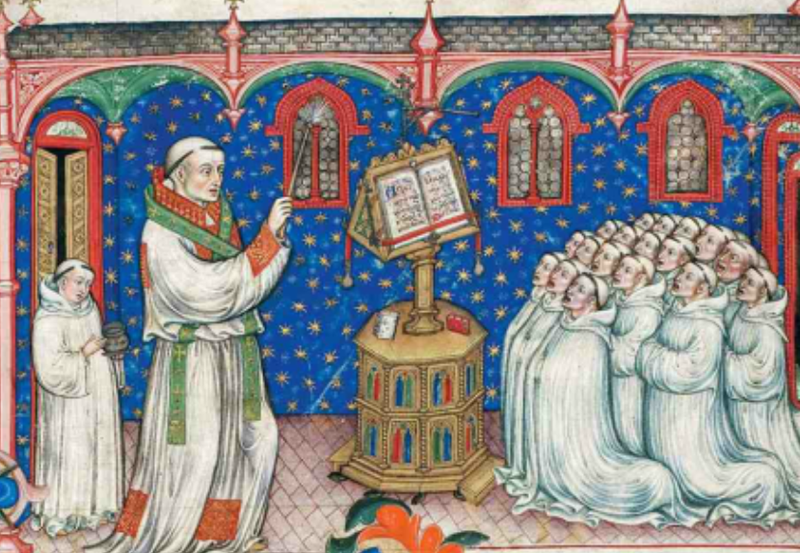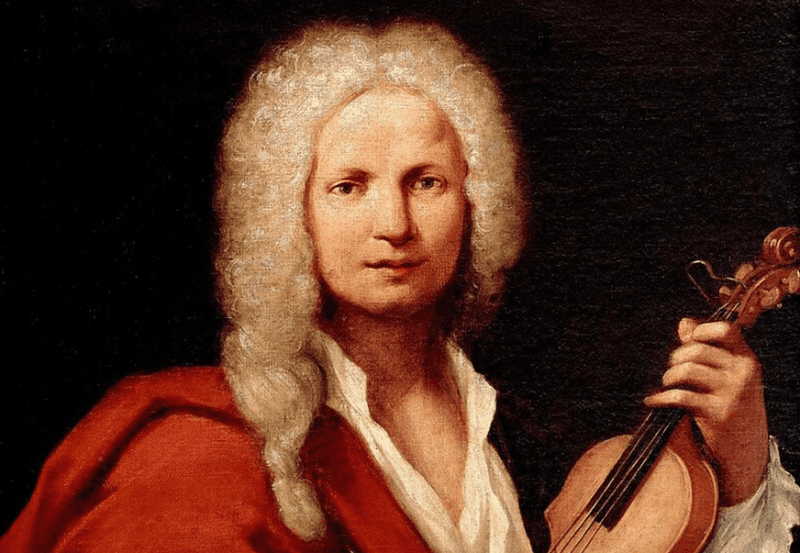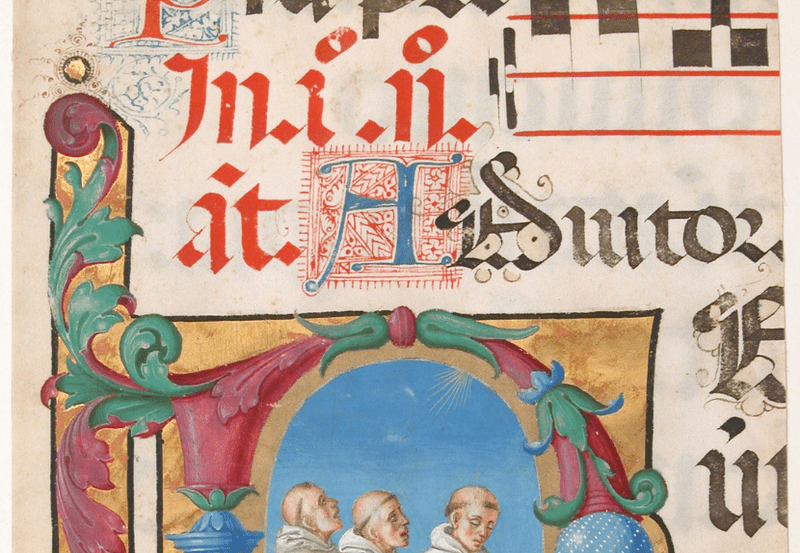No products in the cart.
FREE WEBINAR | “Andrea del Verrocchio: Teacher of Leonardo” with Dr. Rocky Ruggiero
March 3, 2026
1 hour




ONLINE ART HISTORY COURSE
“How Italy Created the Classical Music Cannon”
LIVE ART HISTORY COURSE with Dr. Balbina Y. Hwang
Dates: October 14, 21, and 28, 2026
Schedule: Wednesdays
Time: 2:00 – 3:15pm ET | 11:00am – 12:15pm PT | 7:00 – 8:15pm London
Contact Hours: 3.45 Hours
Credits: Certificate of Completion
ONLINE ART HISTORY COURSE “How Italy Created the Classical Music Cannon”
Course Description:
Music is one of the most basic and universal expressions of human creativity, deemed the single most “perfect” of all the arts by none other than Plato: “. . . music gives a soul to the universe, wings to the mind, flight to the imagination, and life to everything.” Yet in Renaissance studies, the consideration of music largely takes a back-seat to the visual arts, perhaps in part due to its ephemeral nature and dearth of historical record. Nevertheless, from Guido of Arezzo (who invented “solfeggio,” a western musical notation system) to Farinelli (considered one of the greatest singers and an innovator in the history of opera) and Stradivarius (the sine qua non creator of stringed instruments), Italy and the extraordinary citizens of its varied city-states were pioneers in the creation and development of western “classical” music over the centuries. This short course explores the Classical Music canon, focusing on the ingenious contributions of the musical giants from the Italian peninsula (including: Palestrina, Monteverdi, Corelli, Boccherini, Vivaldi, Scarlatti, Paganini, etc.) and their unique contributions to the development of the western musical tradition. We will also examine the reasons why Italy in particular was the source of such musically creative dynamism and influence, and draw connections to the flourishing of all the arts during the Renaissance.
Virtual Classroom: Full access to an online educational platform with videos of recordings, syllabus, and reading list.
Location: LIVE INTERACTIVE ON-LINE ART HISTORY LECTURES
Optional Readings: Information will be provided upon registration.
Complete syllabus will be provided upon registration.
LECTURE 1 – Birth of the Western Musical Tradition
Wednesday, October 14
During Week 1, “Birth of the Western Musical Tradition,” we examine the origins and traditions that contributed to the formation of a distinct Western musical system, especially the crucial role of music to the Church and rituals of worship.
LECTURE 2 – Development and Flourishing of the Western Musical Canon
Wednesday, October 21
In Week 2, “Development and Flourishing of the Western Musical Canon,” we turn our focus to the unique musical innovations and contributions of the citizens of the Italian City-States who shaped and formed the Western music tradition
LECTURE 3 – Italy’s Musical Legacy in Contemporary Culture
Wednesday, October 28
In Week 3, “Italy’s Musical Legacy in Contemporary Culture,” we conclude with an exploration of how Italy’s contribution to music over the centuries remains a deep and enduring element of our contemporary enjoyment of global music.
Dr. Balbina Hwang is Visiting Professor at Georgetown University, where she lectures on International Relations and Security, East Asian Affairs, and the International Political Economy. She is also Adjunct Research Associate with IHS Markit.
Between 2007-2009, Dr. Hwang was appointed and served as Senior Special Advisor (to Assistant Secretary Christopher Hill, Bureau of East Asian Affairs) at the U.S. State Department. She was also a Research Fellow at the Institute for National Security Strategy (Seoul, Korea). Prior to joining the U.S. State Department, (2000-2007) she was the Senior Policy Analyst for Northeast Asia in the Asian Studies Center of The Heritage Foundation.
Dr. Hwang frequently lectures at military and diplomatic missions and their instructional institutions, as well as think tanks and other policy institutes around the world. She also advises global strategic risk management firms. Her previous teaching experiences have included: the National Defense University; the Bush Graduate School of Government and Public Service (University of Texas A&M, D.C. campus), George Washington University, and American University. Dr. Hwang has testified before several U.S. Congressional Hearings as an expert witness on Asian affairs, and has contributed to numerous documentary series for national and international broadcasts. She is also a lecturer for the Smithsonian Associates Program in Washington D.C.
Dr. Hwang is a frequent commentator for major international and national media outlets, including: CNN; BBC; PBS Lehrer News Hour; NPR; FOX; NBC; ABC; and CBS among others, and her writtencommentaries have appeared in publications such as: The Wall St. Journal; Washington Post; and New York Times, Janes Intelligence Review, and numerous other international media publications.
She was awarded a Fulbright Scholarship (for doctoral dissertation field research) in South Korea) in 1998-1999, and has published numerous articles for scholarly journals and book chapters, for which she hasreceived several writing awards. Currently, she is completing two book manuscripts for publication: Platonic Paradox on the Peninsula: Korea’s: Divided Lines; and Tocqueville in Asia: Dilemmas of Democracy and Modernization.
She is a member of NCNK (National Committee on North Korea) and Korean Overseas Women’s International Network (KOWIN); and was an elected Board Member of U.S. CSCAP (Council for Securityand Cooperation in the Asia Pacific). She has also recently achieved a Certificate in World Art History at the Smithsonian Institution.
A native of (South) Korea, Dr. Hwang earned: an MA and Ph.D. (in Government) from Georgetown University; an MIA (Masters of International Affairs) from Columbia University; an MBA from the DardenBusiness School at the University of Virginia; and a BA (in Philosophy and Government) from Smith College. She also spent one year matriculated at the University of Geneva, Switzerland.